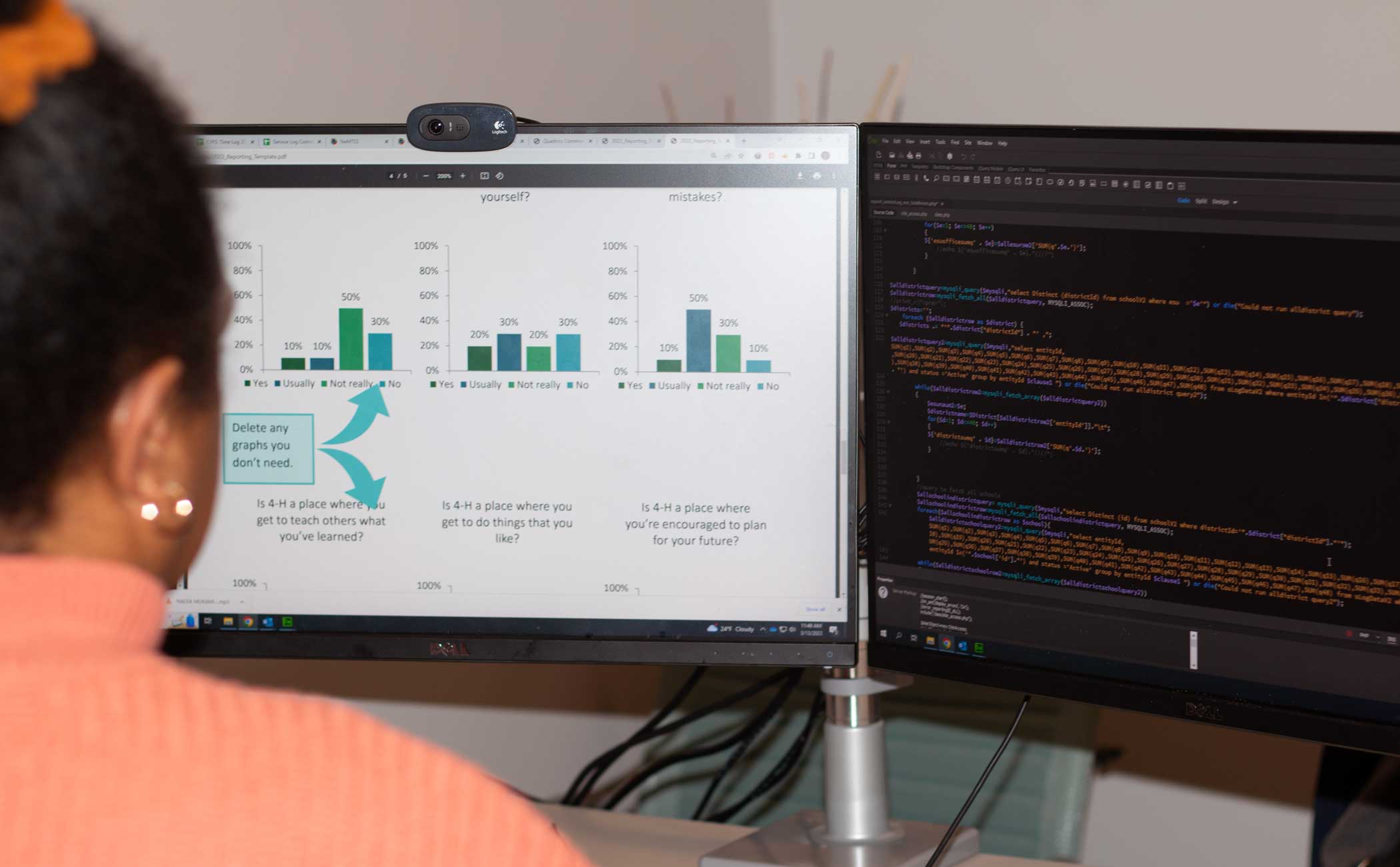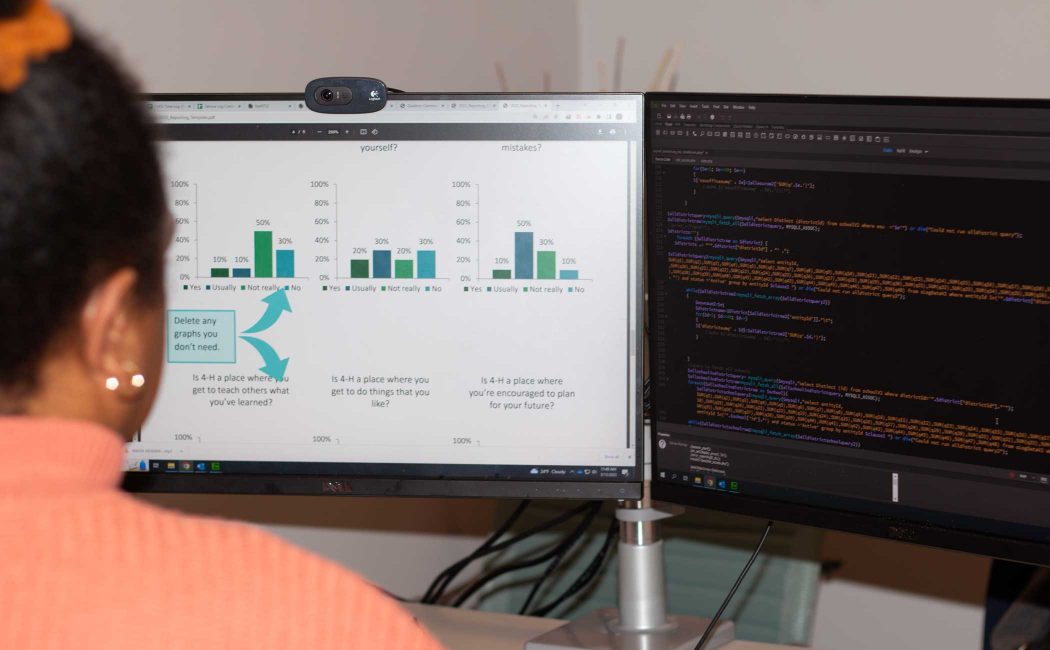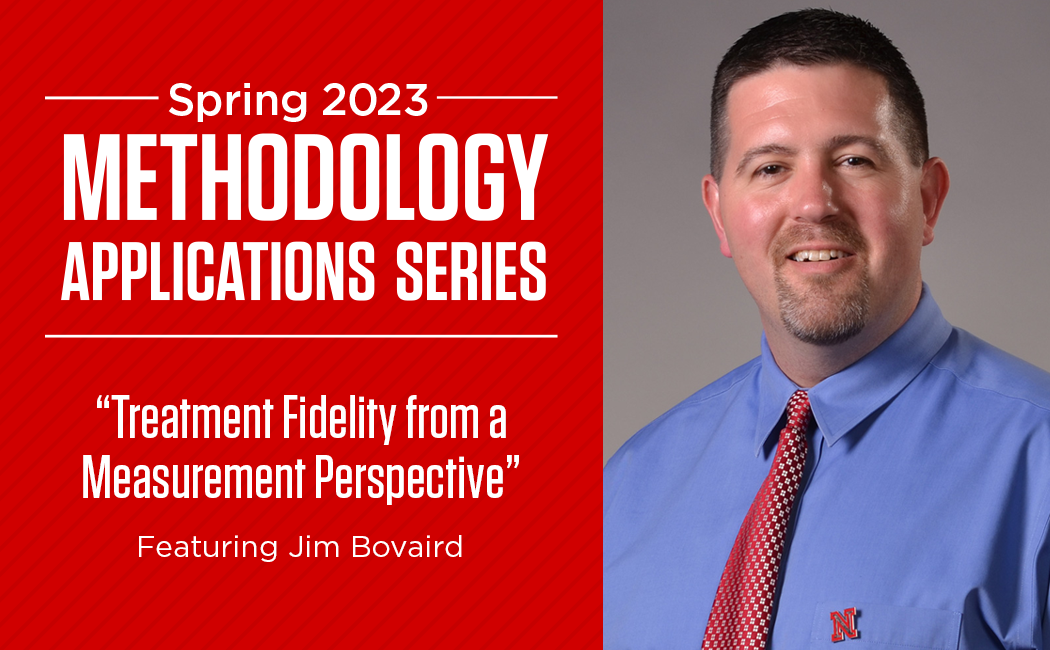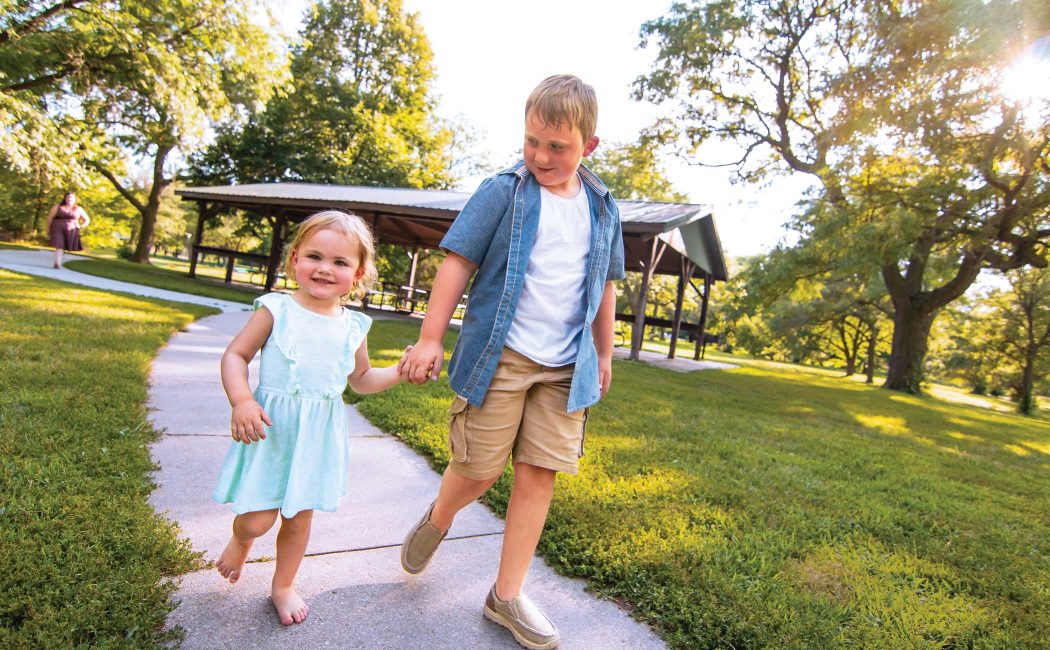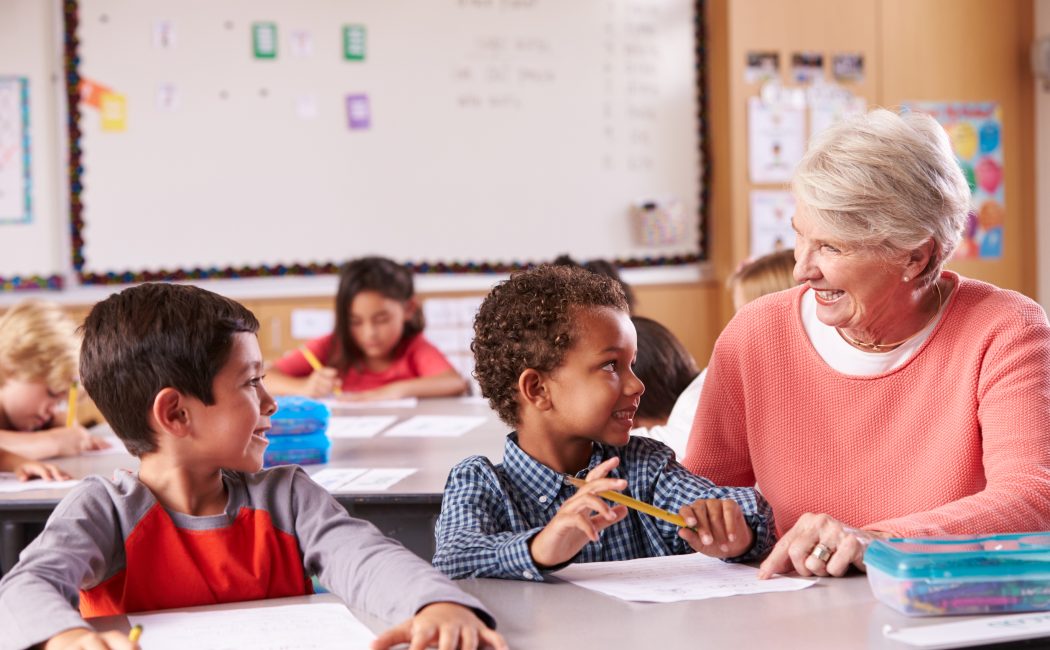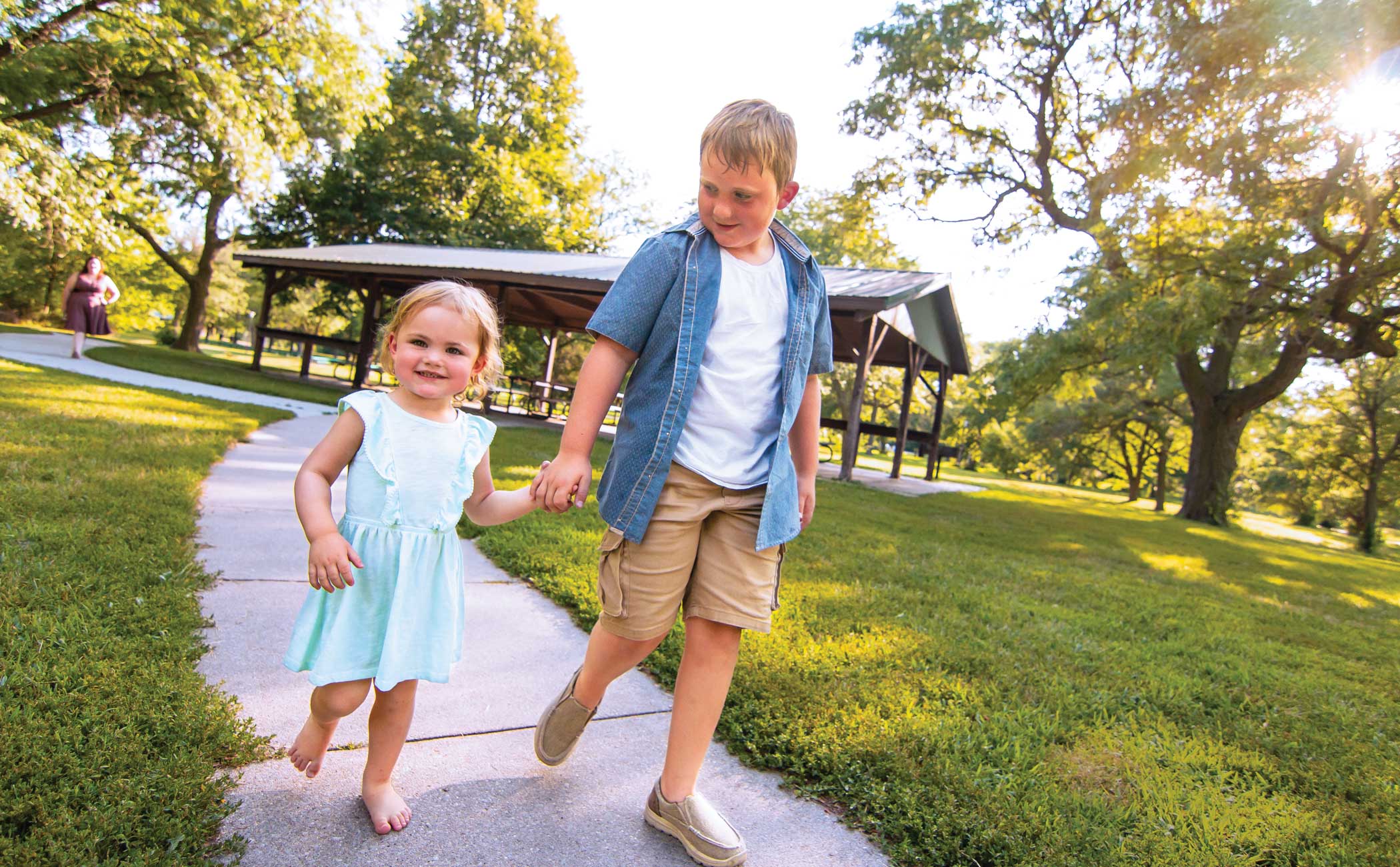
Through all the societal changes of the past few years, the Nebraska Center for Research on Children, Youth, Families and Schools has remained focused on impacting lives through research that advances learning and development.
With diverse partners in research, practice and policy, the center continues to work to address the social, behavioral and educational needs of communities in Nebraska and beyond, leveraging research and collaboration to make a difference in the lives of others — from birth to adulthood. Full Article
